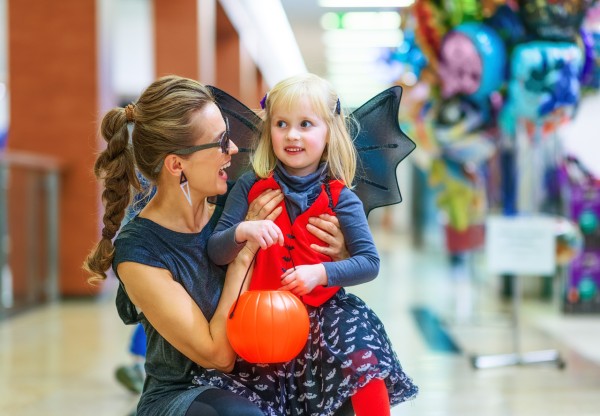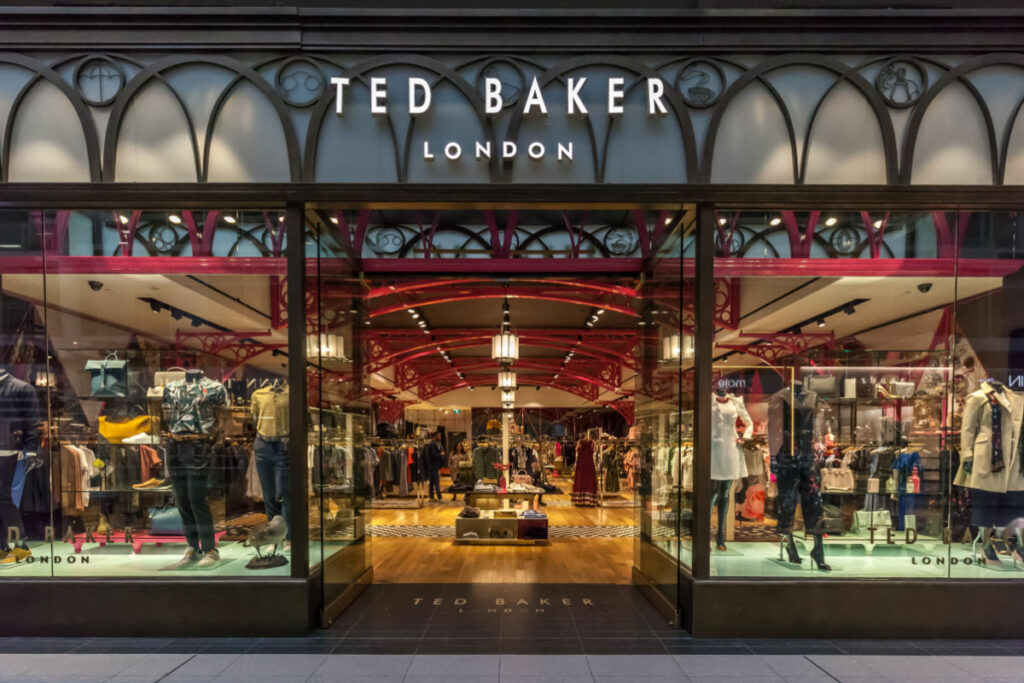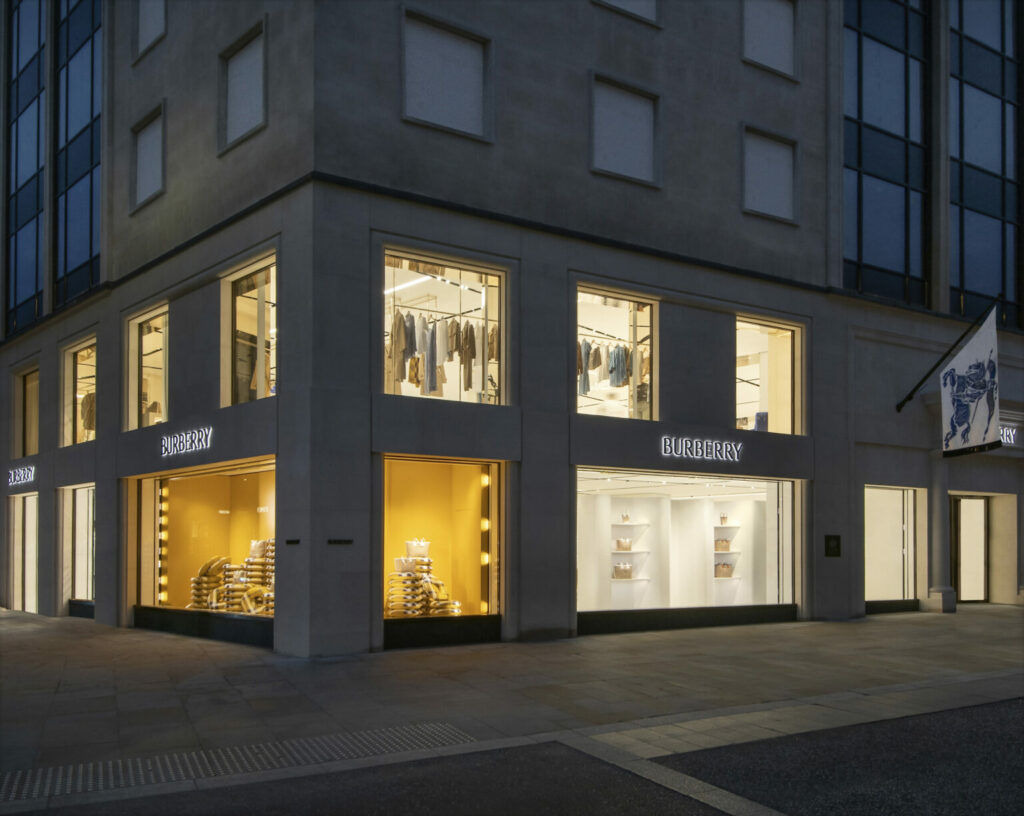It’s no secret that Halloween isn’t the biggest sales generator for retailers compared with likes of Christmas or even Mothers Day, but the occasion is still a significant event on the retail calendar.
But as consumer habits change as a result of the Covid-19 pandemic, and with restrictions in place that prevent parties or trick-or-treating, there are questions as to how retailers should make the most of Halloween this year. The most recent data from Statista found that the UK spent £419 million on Halloween products in 2018.
“Seasonal shifts are incredibly important for retailers as they provide benchmarks to measure like-for-like sales,” said Dan Brown, principal consultant at consultancy firm Promixa.
“Every season is important for retailers”
“However, while Easter and Christmas are constants for consumer behaviour, Halloween is growing in importance every year as the UK moves towards a more US view of the season.
“Retailers have a big opportunity to tap into these changing consumer attitudes and drive revenue across a range of different product areas. The growing importance of Halloween means that there is still market share to be had for all players.
“Low cost and discount retailers have begun stepping in to take a piece of this for themselves, and the more established retailers have therefore had to be proactive in the products they are selling and the way they are marketing these to consumers.
“Halloween’s emergence as a distinct season also means that analysts are using it as a key benchmark to gauge performance of retailers against competitors. It has become an incredibly important driver of revenue and a key differentiator for retailers.”
However, Rosalyn Berrisford, client partnerships director at affiliate network Awin, questions whether retailers can still capitalise on the occasion this year despite tightening lockdown restrictions in many parts of the UK.
“Lockdown restrictions will make the usual ‘trick or treating’ aspect of the holiday impossible for most families, and Halloween parties a non-starter,” she explained.
“However, it’s worth noting that most schools and nurseries encourage children to dress up for at least one day as part of the holiday, meaning there is still some demand for costumes.
“Alternatives to trick or treating are also being circulated among parent groups – such as a ‘trick or eat’ initiative in Hackney where children can dress up and drop off produce at a number of food banks in their neighbourhood.”
Brown agreed, adding that sales would ultimately be stifled by the lack of social interaction in what is usually a very social event.
“Retailers will introduce ranges without the normal flow of physical customers, and many will find themselves discounting Halloween stock and carrying this over into the Christmas period” he told Retail Gazette.
“They can certainly capitalise on the holiday, but for such an interactive season this will be a tough year.”
David Ripert, chief executive at AR firm Poplar Studio, said that as varying levels of restrictions continue to be re-implemented across the country, retailers need to use technology in order to capitalise on Halloween this year.
“Covid-19 has been the catalyst for an explosion in the consumption of social media and this, coupled with the popularity of AR filters on social channels, has forced brands to realise that using AR in advertising can be incredibly effective,” he said.
“By using and commissioning filters for advertising purposes – such as the Haunted Dollhouse filter by NYX Cosmetics – brands are able to differentiate themselves in an innovative way while tapping into a captive audience.”
Other ways retailers can use AR is through the use of virtual try-on experiences.
“Shopping for clothes – whether it’s a pair of jeans, a werewolf costume or the perfect shade of green foundation to make your Halloween look a reality – has changed this year,” Ripert added.
“For those retailers looking for simple, effective ways to capitalise on this year’s spooky season, AR is a must.”

Brown argued that in order for retailers to see success during Halloween, they need to get creative with their marketing – both in-store and online.
“The marketing dilemma for Halloween is the same for all seasons, with retailers having to think how best to drive return on investment,” he explained.
“However, this year will require retailers to think creatively about how they can provide the consumer with ideas on how to safely celebrate Halloween, as well as ensuring they are aligned with the products available in their stores.
“The current retail restrictions on essential and non-essential items in Wales have highlighted a difficult debate around how best to achieve this, with Halloween likely to be cut out of the ‘essential buying’ list.”
Berrisford highlighted how Halloween had fallen out of favour with increasing numbers of consumers in recent years due to the volume of single use, plastic decorations and high wastage, which goes against sustainability beliefs. She suggested that retailers should instead use this time to support local communities and food banks to help spread a more positive message.
“This could be aligned with tips and advice for pumpkin recipes, and how to recycle and reuse Halloween outfits for Christmas,” she said.
While many retailers could have considered the possibility of simply abandoning Halloween and focusing on the Christmas season instead, would this have been viable option? Brown doesn’t believe so.
“The simple answer is no,” he said.
“Retailers might have pared back their ranges, but abandoning a season sets a dangerous precedent when there is so much competition to gain market share around Halloween.
“Not only would it impact their comparison of year-on-year performance, but it would also allow competition to take a step ahead in serving customer demands and needs.
“Halloween will additionally provide retailers with important learnings on how to best retail to customers within Covid restrictions as they approach the Christmas season.
“It will be smaller retailers that have the most guidance to take from this period, as supermarkets won’t have as many issues around cleanliness and restrictions in stores.”
“For costume retailers, Halloween is their Christmas.”
One group particularly affected by Halloween during lockdown are costume and fancy dress retailers, especially since there are concerns on the safety of renting outfits.
“There is an industry alongside the traditional retail which relies heavily on Halloween to dictate overall performance for the year,” Brown explained.
“With such an interactive season being forced into a non-interactive environment, it will be the more specialised costume retailers that really suffer this year.”
Ripert said these particular retailers needed to incorporate technology into their offering to allow customers to virtually try on products.
“Halloween is all about trying things on, and customers can’t physically do that right now,” he said.
“We need a solution – whether retailers are selling costumes, make-up or anything in between, Halloween is the perfect time to seriously consider how AR can get companies ahead of the competition.”
As ecommerce continues to boom as consumers stay home, Berrisford said retailers can move their efforts online to see success during Halloween this year.
“It’s been widely reported that many years of organic online growth has been condensed into a few months in 2020, taking online’s share of spend up to over 30 per cent in lockdown, compared to less than 20 per cent at the beginning of the year (ONS),” she said.
“Promotions and deals fare very well online where customers can be more savvy and compare price points more easily – the importance is to be able to ensure the supply chain can handle the additional online demand, and with quick delivery timeframes to ensure a smooth experience for newer online shoppers.”
Brown highlighted that “everyone” was attempting to leverage online sales.
“This was a prevailing retail trend before the pandemic as companies like Amazon become ever stronger in the space, but it has been massively accelerated over the past months,” he explained.
“We have already seen traditional retailers like Morrisons shift very effectively to an online offering through the pandemic which has allowed them to expand their product range and customer base.
“In some cases, we have seen retailers create new service lines almost overnight so there is no reason why this can’t be replicated by retailer for the Halloween season.”
Click here to sign up to Retail Gazette’s free daily email newsletter


















